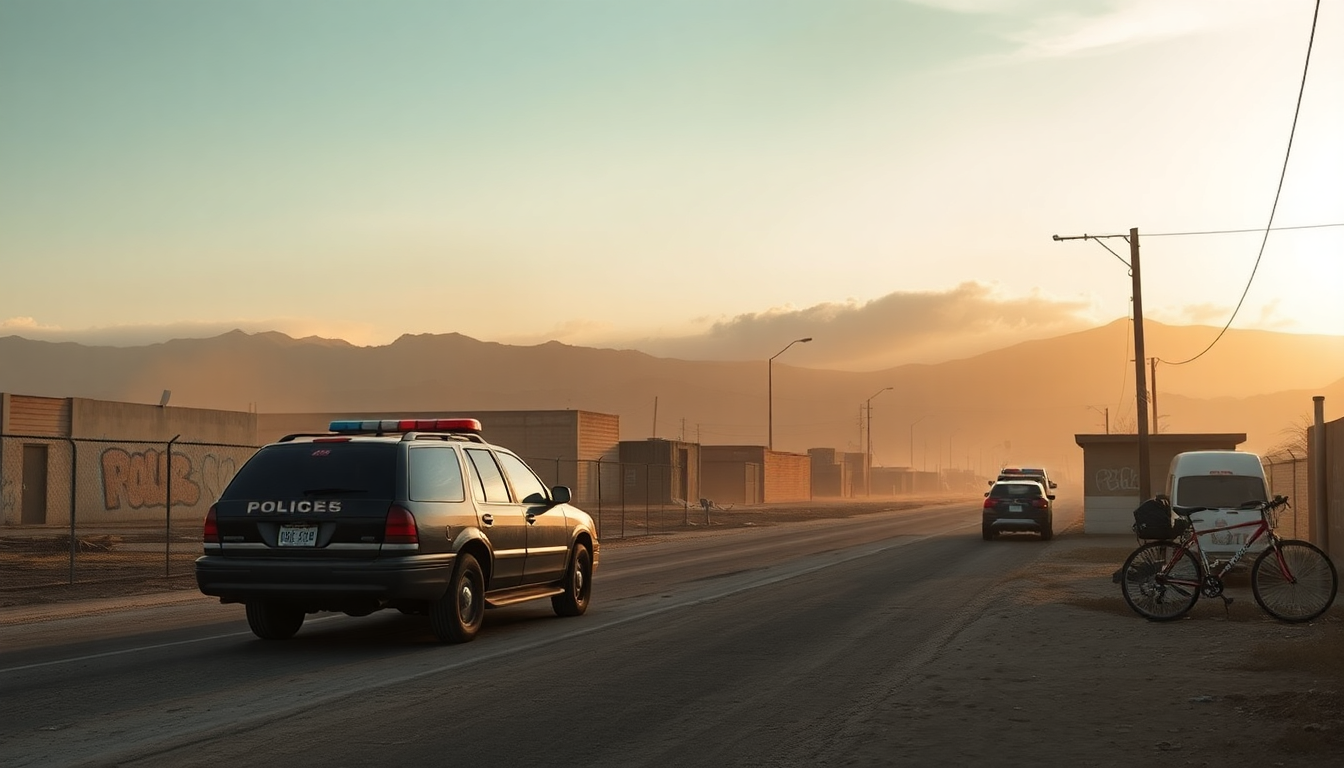Table of Contents
The recent guilty plea of Ismael “El Mayo” Zambada, a key player in the Sinaloa Cartel, marks a pivotal moment in the ongoing battle against drug trafficking in both the United States and Mexico. As one of the co-founders of one of the world’s most infamous cartels, Zambada’s admission of guilt not only solidifies his criminal legacy but also sets the stage for significant developments in law enforcement and international relations. So, what does this mean for the future of drug trafficking and how will authorities respond? This article dives into the broader implications of Zambada’s plea, potential shifts in cartel dynamics, and what we can expect from both U.S. and Mexican authorities moving forward.
The legal landscape of drug trafficking
When Zambada confessed in a Brooklyn courtroom, it sent shockwaves through the legal strategies employed against drug cartels. His acknowledgment of coordinating drug smuggling operations with various Mexican officials offers a rare, behind-the-scenes look at the deep-rooted corruption that has plagued Mexico’s political and law enforcement systems for years. Experts believe that these kinds of admissions could significantly strengthen U.S. efforts to hold more cartel leaders accountable. Brian Townsend, a former DEA supervisory special agent, notes that Zambada’s plea may provide the Trump administration with crucial political leverage, possibly leading to a more aggressive stance against drug trafficking networks.
On top of that, Zambada’s plea deal comes with the staggering requirement of forfeiting $15 billion, a financial blow that could cripple the operational capacity of the Sinaloa Cartel. However, Zambada’s attorney has indicated that he won’t cooperate with U.S. authorities, which suggests that the fight against the cartel is far from straightforward. As law enforcement agencies continue to navigate these treacherous waters, the focus will likely shift to identifying other key players within the cartel hierarchy and enhancing cooperation with Mexico. How will these dynamics play out?
Cartel dynamics and future operations
The Sinaloa Cartel, under Zambada’s leadership, has long been known for its ability to adapt and bounce back. But now, with his guilty plea on the table, we might be looking at a turning point within the cartel. Following his confession, we could see shifts in leadership and operational strategies as rival factions scramble for power. The Justice Department’s expected indictments against high-profile cartel members could further shake up the organization, potentially leading to increased violence as different groups fight to fill the power vacuum left by Zambada.
Moreover, the Trump administration’s designation of the Sinaloa Cartel as a foreign terrorist organization carries significant weight. By cutting off their access to the U.S. financial system, the administration aims to restrict the cartel’s ability to fund its operations. Townsend predicts that we can expect heightened pressure from the U.S. government on Mexico to extradite cartel leaders and facilitate joint law enforcement efforts. What kind of ripple effects will this have on the cartel’s operations?
Implications for U.S.-Mexico relations
The relationship between the United States and Mexico is crucial in the fight against drug trafficking. While Mexican President Claudia Sheinbaum has expressed a willingness to collaborate with the U.S., any military intervention or aggressive actions by U.S. forces on Mexican soil would likely face strong backlash due to concerns about national sovereignty. As Nathan Jones, a drug policy scholar, points out, the challenge lies in finding ways for both countries to work together without crossing boundaries that could infringe on Mexico’s sovereignty.
As Zambada’s sentencing looms—potentially leading to a life sentence—the broader implications of this case are expected to unfold in the months ahead. The renewed focus of the U.S. Department of Justice on high-profile cartel figures could trigger a wave of indictments and prompt a reevaluation of law enforcement strategies regarding drug trafficking. For Mexico, the task will be to strike a balance between collaborating with the U.S. and addressing its own security concerns while maintaining sovereignty. How will this intricate dance play out in the coming future?


